New Childhood Vaccine Law: Protection or Discrimiantion?
Some students are experiencing serious issues with school required vaccinations.
June 3, 2021
The upcoming school year has already become a problem for many students, with looming questions regarding masks, social distancing, etc. being at the forefront of parents’ and students’ minds. Causing even more uncertainties and conflict is that school enrollment requirements have changed among districts and governments. In January 2021, a law was passed in California that conditionally prohibits students with a medical exemption from attending both public and private schools. The new law puts into effect that “Schools may no longer accept any type of written statement from a licensed physician. Instead, physicians must complete a standardized exemption form that contains specific information, and they must submit those forms electronically, both to the school and also the California Immunization Registry. Unless a standardized medical exemption form is on file, schools may not admit students who are not fully immunized on the basis of a medical exemption” (F3LAW). In essence, this new law overturns prior medical exemptions on file, forcing parents and physicians to have to refile and being subject to stricter guidelines. In fact, some students with exemptions on file will have to start the process all over again, with physicians who have issued five medical vaccine exemptions being put on a list that indicates their exemptions be examined and started again.
This new law has created a huge problem in school districts in California. It is a law that can lead to serious ramifications for students that have previous medical exemptions on file. Parents will be forced to either vaccinate their children with the standard childhood vaccines (i.e. MMR, DPT, etc.) or leave their new filed exemption to the decision of the state of California. While this law was made to target children not receiving vaccinations, it affects a lot of students that may have had an allergic reaction to a specific vaccine. Many students may not be able to attend the school system and may be forced to homeschool. Parents and students alike are very unhappy because the passing of this law means that they can not attend the school they have been a part of for years, leaving them feeling discriminated against and powerless. The decision to either vaccinate against medical advice (i.e. documented severe allergic reactions) or be homeschooled is something that many parents in the PYLUSD are being forced to weigh. While this new law aims to keep all children safe by implementing a strict vaccine schedule, it also harms children who have documented medical reactions by forcing a tough decision to be made.
It is not as easy as “just getting the shot,” with a majority of the students who have medical exemptions on file currently experiencing horrible and, in some cases deadly, side effects. Due to these awful side effects, these students cannot get some of the required vaccines, forcing the possibility of them attending traditional school into the hands of lawmakers. Are lawmakers more qualified to make these medical decisions than individual physicians?
Doctors are also seeing the negative effects of this law. Patients are highly stressed over their future school careers. Couple this new law with the negative mental effects that COVID-19 has given students with virtual learning, doctors’ offices are swarming with questions and uncertainty.
Time will tell if this new law protects students or creates medical havoc on a population of students that have had severe reactions to vaccines. One student, Liv Oberle (9), voiced her opinion by stating “I am not sure how this new law is going to affect students at our school. Although, I know that I definitely want to continue my school education at YLHS.” The law is designed to discourage unnecessary medical vaccine exemptions, but also is serving to discriminate against students with medical conditions. There is a fine line between protection and discrimination. Hopefully, California lawmakers will see the potential problems with this law and reevaluate the terms of its power.


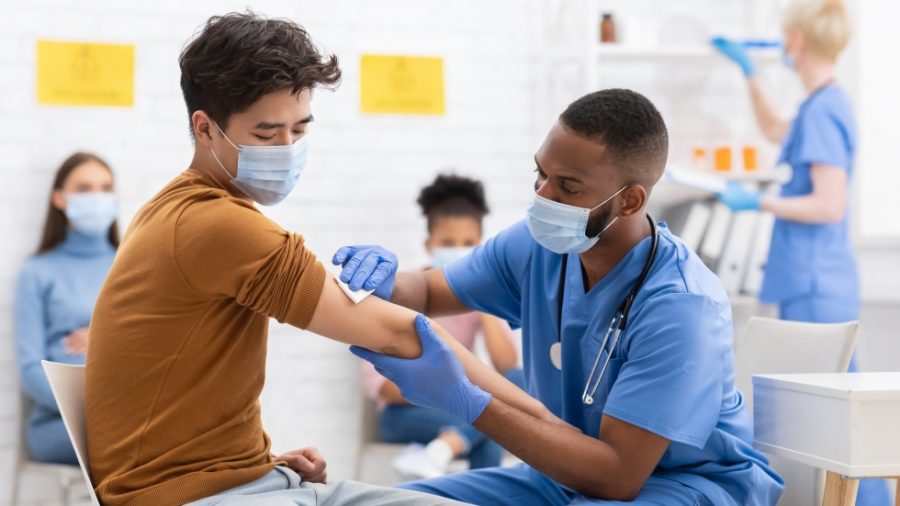
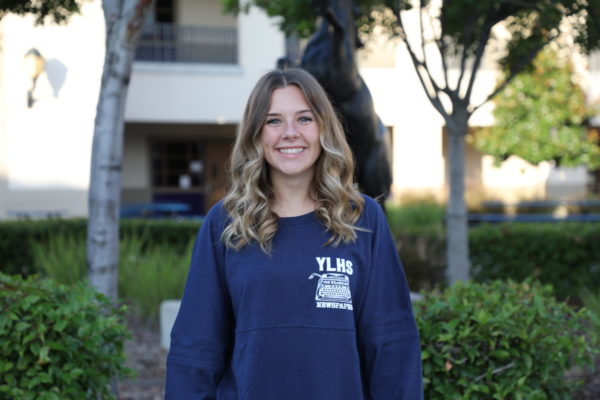










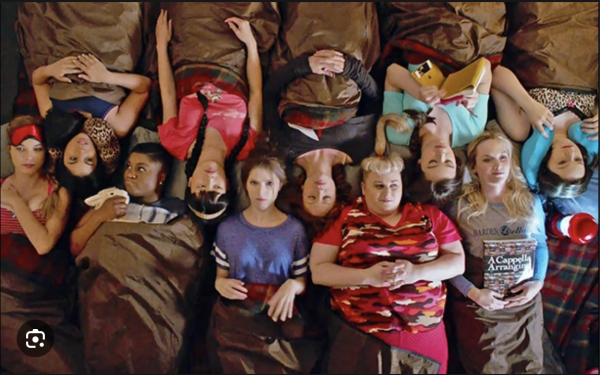

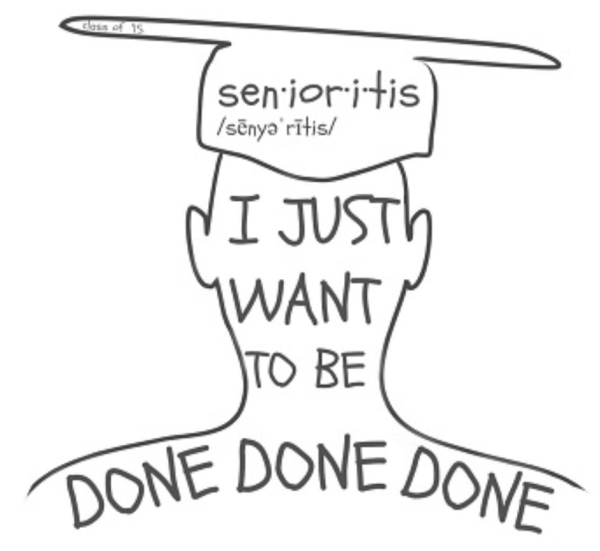

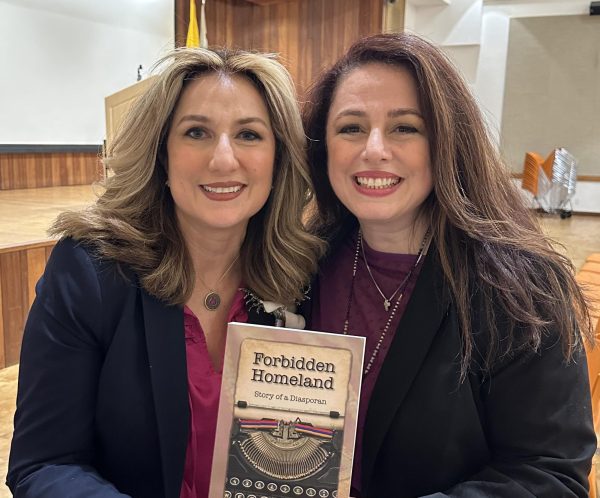

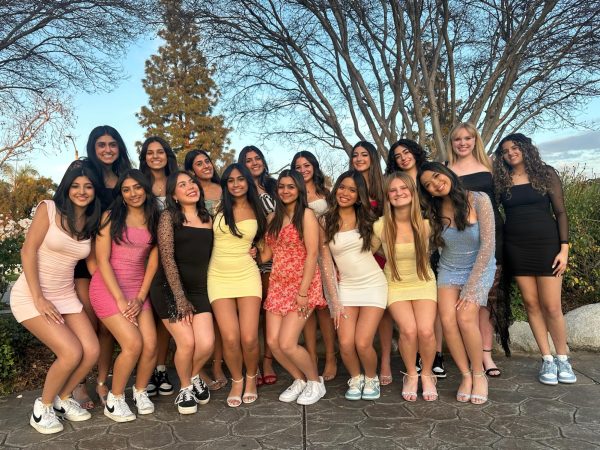

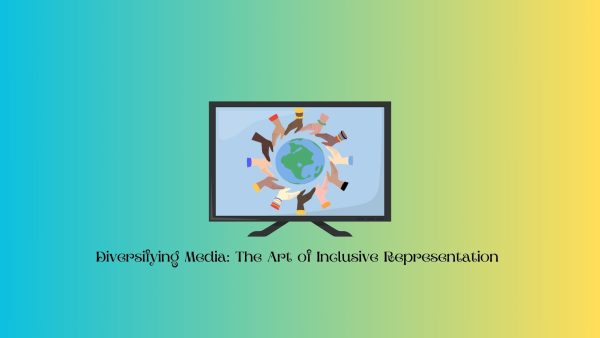
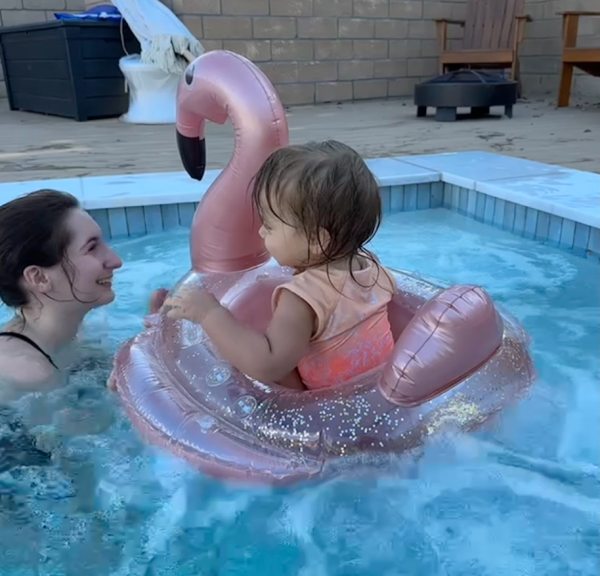
Karina Shah • Jun 13, 2021 at 6:01 PM
Super informative! I really appreciate the perspective that vaccines are helpful. Cool article!
danielle huizar • Jun 3, 2021 at 8:27 AM
Although vaccines are extremely helpful in helping mitigate the spread of viruses and diseases, I understand that some people have medical conditions that make vaccines deadly. Thanks for this article.